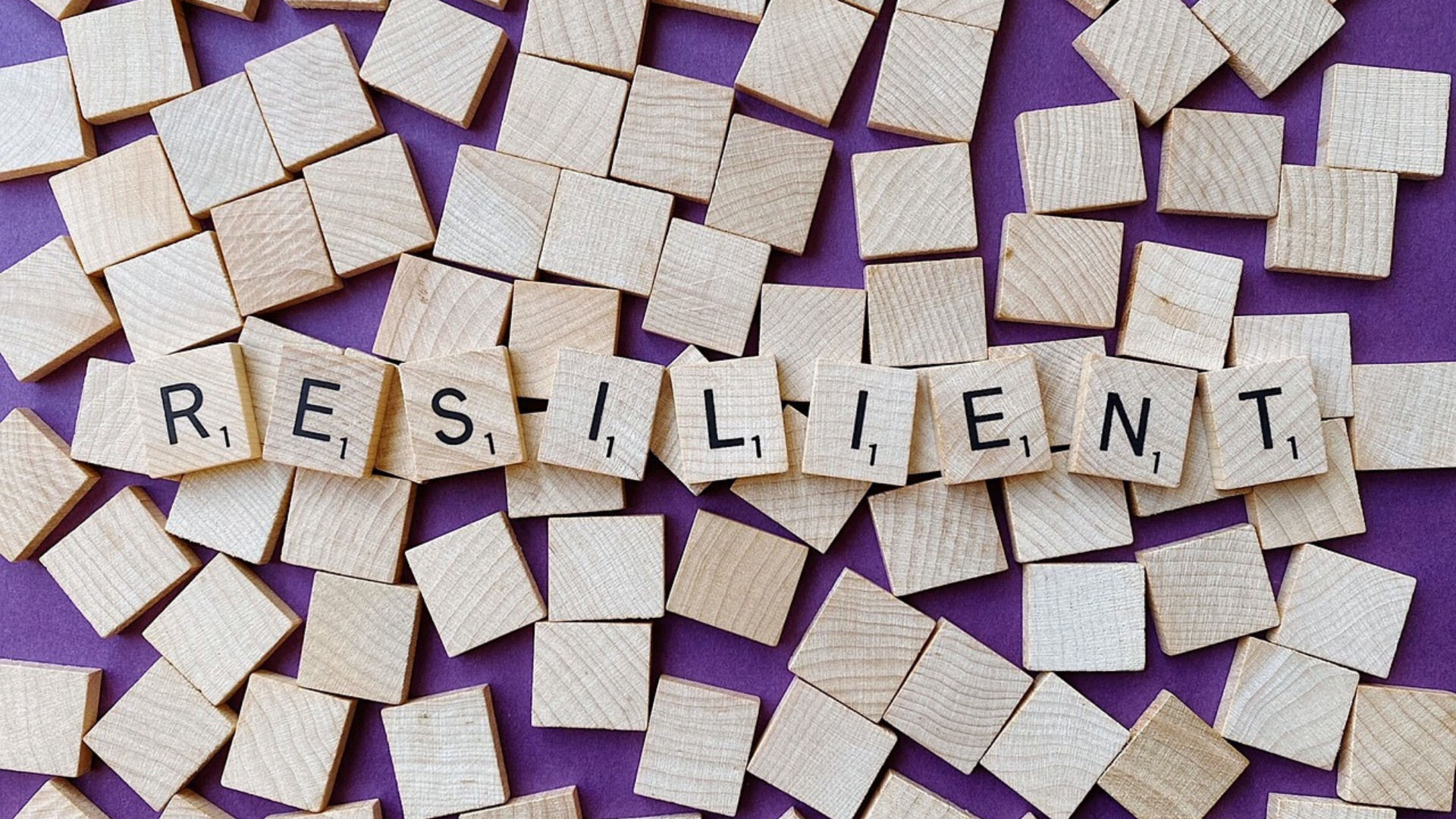The Benefits of High Resilience
A Psychological Perspective
In the ever-evolving landscape of modern life, the ability to navigate adversity is no longer a luxury but a necessity. High resilience, often described as the capacity to bounce back from challenges, holds profound implications for mental health and personal growth. This blog explores the psychology underpinning resilience and its far-reaching benefits.
What Is Resilience?
At its core, resilience is the psychological ability to adapt and thrive despite adversity, stress, or trauma. It encompasses a combination of traits and learned behaviours that allow individuals to maintain or regain mental equilibrium. According to the American Psychological Association, resilience is not a fixed trait but a dynamic process that can be developed through practice and support.
From a neurobiological perspective, resilience is tied to the brain’s neuroplasticity, the ability of neural networks to reorganise and adapt in response to experience. This adaptability underscores the potential to build resilience at any stage of life.
The Benefits of High Resilience
Enhanced Mental Health
Resilience serves as a protective buffer against mental health challenges such as anxiety and depression. Individuals with high resilience employ adaptive coping strategies, fostering emotional regulation and reducing the intensity of negative emotional states.
Improved Cognitive Function
Resilience is linked to improved problem-solving and decision-making abilities. By mitigating the cognitive load imposed by stress, resilient individuals are better equipped to think clearly and act effectively under pressure.
Strengthened Interpersonal Relationships
Resilience enhances emotional intelligence, empathy, and communication skills, allowing individuals to build and maintain meaningful relationships. This is particularly significant in workplace environments, where collaboration and teamwork are essential.
Boosted Workplace Performance
Resilient employees demonstrate greater adaptability, perseverance and creativity. These attributes translate to higher productivity, improved job satisfaction, and reduced absenteeism.
Physical Health Benefits
Chronic stress is a significant contributor to various physical illnesses, including cardiovascular disease and weakened immune function. Resilience mitigates these risks by reducing the physiological impact of stress.
The Role of Resilience in the Workplace
The workplace is increasingly recognised as a critical arena for resilience development. Rapid technological advancements, evolving job roles, and the pervasive presence of workplace stress necessitate resilience as a core skill. Organisations that focus on developing resilience not only see improvements in employee well-being but also benefit from increased innovation, better conflict resolution, and stronger leadership capabilities.
Psychological Insights into Workplace Resilience
- Social Support Networks: Research highlights that robust workplace relationships enhance resilience, promoting a sense of belonging and emotional security.
- Mindfulness and Emotional Regulation: Practices such as mindfulness meditation are shown to reduce amygdala reactivity, enhancing emotional regulation and stress management.
- Growth Mindset: A belief in the ability to grow through effort and learning fosters resilience by reframing challenges as opportunities.
How Resilience Training Elevates Workforce Potential
Here at PsycApps, we offer a scientifically grounded CPD-Certified Resilience Training Programme designed to empower employees with evidence-based tools for managing stress and building mental fortitude. Using principles from cognitive-behavioral therapy and positive psychology, as well as implementing current research around resilience-building strategies, to create a deeply engaging and effective training experience.
Core Features of the Resilience Training Programme:
- Behavioral Skills Training: Employees learn to identify and challenge unhelpful thought patterns, replacing them with adaptive strategies.
- Stress Reduction Techniques: Incorporates mindfulness, breathing exercises, and progressive muscle relaxation to manage acute and chronic stress.
- Engaged Learning: Interactive, multiple choice questions enhance engagement and retention of resilience-building strategies.
- Live tracking: Follow your employees’ resilience growth as they work their way to their CPD Certification in real-time.
Resilience as a Strategic Advantage
High resilience is a cornerstone of individual and organisational success. It aids improved mental health, stronger relationships, and enhanced workplace performance while mitigating the impact of stress on physical health. For organisations, resilience is more than a personal attribute, it’s a strategic advantage that drives long-term sustainability.
By implementing programmes like our Resilience Training Programme, businesses can create a resilient workforce capable of thriving in the face of challenges. This investment pays dividends in employee well-being, productivity, and organisational cohesion, making resilience an essential pillar for future success.
Explore our CPD-Certified Resilience Training Programme to start your journey today.


